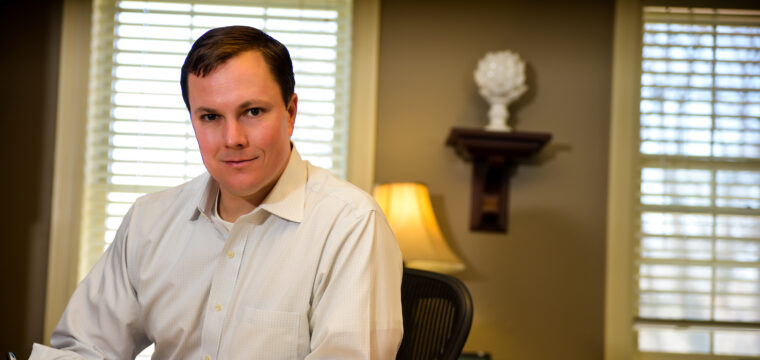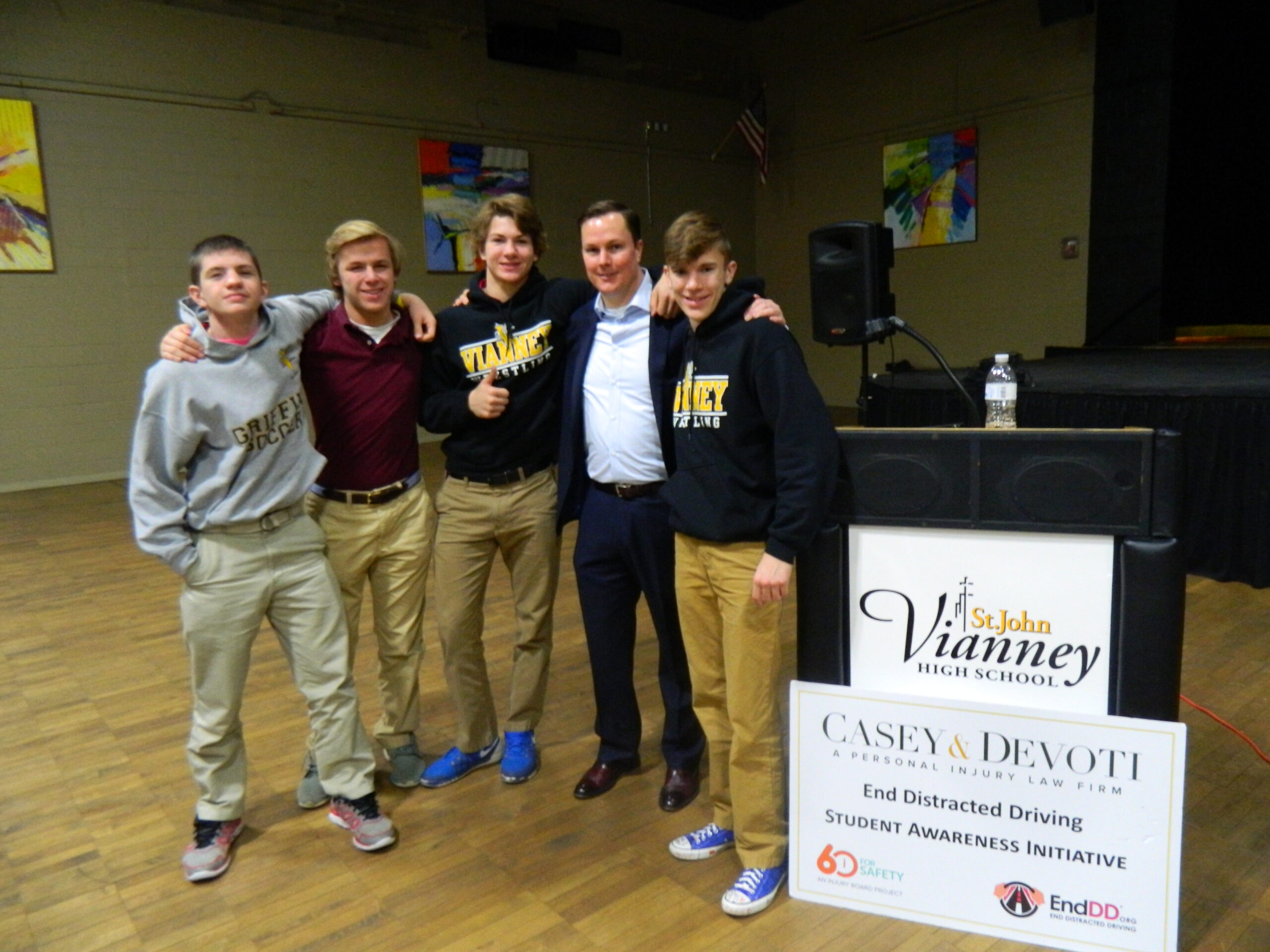Legal Blog post by Partner Matt Casey
Self Driving Cars: Who Will Be Held Liable?
As I stated in my blog from earlier this month, self-driving cars are here.
In fact, the federal government is so sure autonomous cars will save lives they are pumping millions of dollars into a ‘Zero Deaths’ campaign. Their goal is to eliminate traffic fatalities in 30 years. The irony is that since the launch of the ‘Zero Deaths’ campaign, traffic fatalities have actually increased – up 10.4% in the first half of 2016. Industry experts and the government are using these alarming statics as even more of a reason to move full-speed ahead with fully autonomous cars.
But, the technology is still very much in the beta stage. As someone who fights for the rights of those injured by the negligence of others – the concept of self-driving cars and the developing technology leaves me with a multitude of questions.
The two biggest questions:
#1 Who will be held liable when a car using the autonomous mode crashes?
#2 How will automobile insurance coverage evolve with the changing technology?
First, the issue of who is liable in the event of crash of a car in ‘autopilot’ mode. Right now, most ‘self-driving’ cars are only semi-autonomous and thus come with major disclaimers stating the driver must be ready to take the wheel at any second. But, realistically if a person is not fully engaged in the act of driving – how much are they really paying attention?
Will they have enough time to react?
What if a driver claims he tried to override the autonomous mode and the technology wouldn’t allow him to take over? Man vs. Machine.
These questions bring up another area of concern – insurance coverage and how will it evolve as the self-driving car technology evolves.
Right now, insurance is state-regulated. Each jurisdiction has its own set of rules and regulations for auto insurance, and so far, for self-driving cars. The federal government has yet to take a larger role. But, will this change in the future?
RAND Corporation, a nonprofit global policy think tank, has suggested a no-fault auto insurance system be implemented. Such a system might help prevent manufacturers from becoming overwhelmed by litigation. The industry and the government certainly don’t want product liability lawsuits to interfere with the development of the technology. The thought is a no-fault insurance system helps spread the burden of the cost of litigation related to crashes.
If there is a dispute over who is at fault – the driver or the technology (manufacturer), all parties involved will have to increasingly rely on ‘black-box’ data recorders to decipher what happened. This raises even more questions – Who controls the ‘black-box’ data? How will it be preserved? How forthcoming will a manufacturer be with the data when the technology fails?
Only time will tell how quickly self-driving cars actually become mainstream. One thing is certain right now – the more the concept and technology are examined from all sides, the more questions I have.
Matt Casey is a partner with Casey & Devoti, a St. Louis-based personal injury law firm. Matt handles a variety of personal injury cases, including automobile, truck and train accidents, medical malpractice, product and premises liability, elder care and sexual abuse, Workers’ Compensation, and wrongful death. Matt and his law partner, Matt Devoti, are also authorized speakers for EndDD.org’s ‘End Distracted Driving’ Student Awareness Program.









